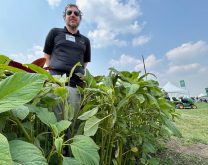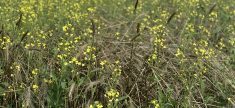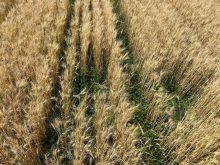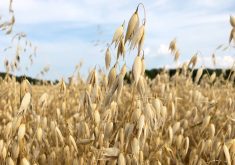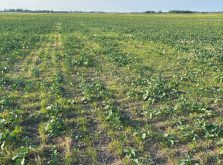For western Canadian farmers waiting for a herbicide tolerant canola variety with a different mode of chemistry action to help reduce the risk of herbicide tolerance, SU Canola is here.
Commercially available on a limited basis, Cibus (pronounced See-bus) is launching its first herbicide-tolerant, non-GMO canola variety, resistant to sulfonylurea herbicide, to Prairie farmers for 2018. And it is being launched with some valuable incentives, including a price premium.
The first is a numbered SU Canola variety, C5507, says David Sippell, Cibus vice president of seed and general manager, Canada. The Winnipeg-based Sippell is well known in agriculture circles across Western Canada. He served at one time as manager of UGG’s Proven Seed division and over his career has also worked for Pioneer Hi-Bred, Canterra Seeds and Syngenta.
C5507, a medium height, high yielding hybrid canola, is the first SU-resistant developed by the U.S.-based Cibus through patented gene-editing technology. To achieve resistance to the SU chemistry, genes within the plant are manipulated, but no foreign genetics are introduced. This qualifies it as a non-transgenic product.

“We are launching our first SU Canola in Canada for 2018,” says Sippell. “But there are eight more varieties in the pipeline. We plan to release more SU Canola varieties in succession over the next few years.” The company is working with a number of different crops, and hopes to also bring the first glyphosate-tolerant flax variety to the Canadian market over the next couple years. It is also working on non-GMO potato and rice varieties.
The SU Canola is being teamed up with Draft herbicide. Draft is manufactured by Rotam, “a fast growing international company in the crop protection industry.” Draft is a broad spectrum, easy-to-use, crop-safe herbicide that is not only effective on glyphosate-resistant weeds and crops, but is also effective against more than 25 common broadleaf weeds
Read Also
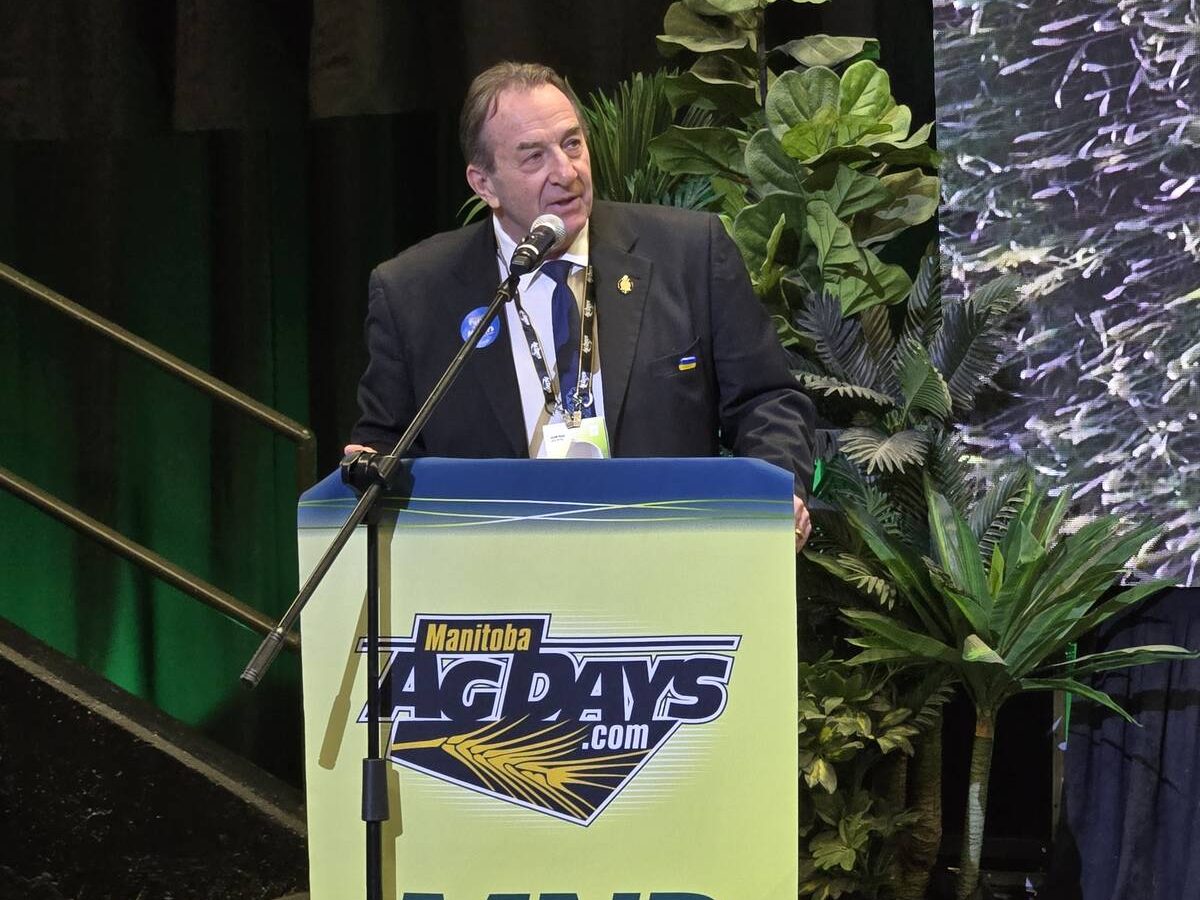
Manitoba crop insurance expands wildlife coverage, offers pilot programs
New crop insurance coverage is available to Manitoba farmers.
“We have limited seed available for 2018 so we will be targeting the Manitoba and eastern Saskatchewan growing area,” says Sippell. “This variety is probably best adapted to growing conditions in that region, but other varieties will be along over the next couple years.”
Although Cibus has seed and marketing representatives in Western Canada, SU Canola contracting opportunities are being handled through the Bunge canola processing plant at Harrowby in southwest Manitoba, near the Saskatchewan border.
The plant, which draws from about a 150 km radius, will be offering contracts for 2018. The incentive package for 2018 includes $100 rebate off the cost of seed, plus a $35 per tonne premium for canola delivered next fall.
“Our first variety, C5507, is a high yielding hybrd, probably quiet comparable with InVigor L140P variety,” says Sippell. “We believe we have a very good package to offer — a high yielding variety, a very aggressively priced herbicide, along with a price premium on contracted canola.”
Sippell says even if a grower doesn’t have a contract they can still buy C5507 seed and Draft herbicide and market their canola through any of their usual channels. Because it’s a non-transgenic canola there are no market restrictions.
To learn more about the new SU Canola and contracting opportunities visit the company website or call the Winnipeg office at: 1-204-809-0100.



